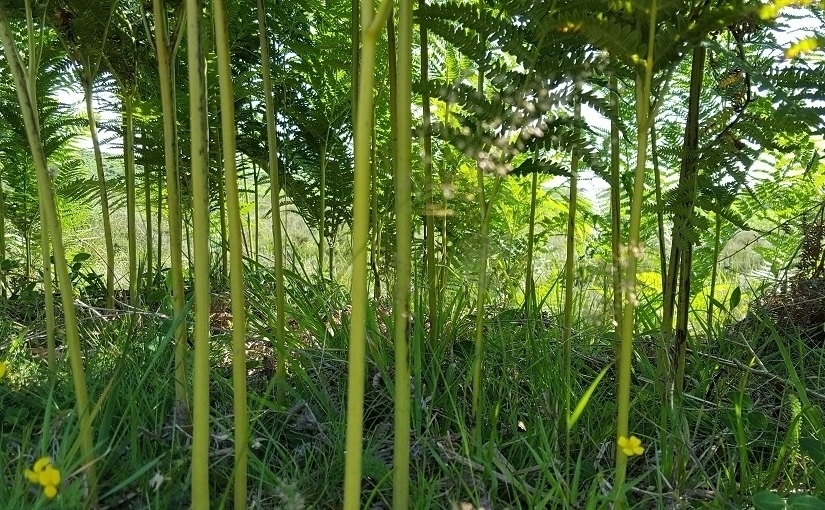Finding solutions to complex, ongoing, fast-moving problems isn’t going to be simple, but I often find myself wondering to what extent community might form a strong part of how people address such things.
I mean, society seems to be struggling on a fair few fronts to work through the challenges thrown up by modern ways of living (see Notes One). At times it seems that everything – the entire wealth of human knowledge, diversity and experience through all time and space – became animated, connected, widely available, and began self-reflexively evolving at an astonishing pace. Little wonder we struggle to keep up, let alone lead.
But my point, in that paragraph as much as the posts it referenced, is that surely all this is “here” to serve us as a human community. The path of civilisations, the development and application of understanding, all led to this point where we were able to think on this level and employ that knowledge in creating systems to assist us further.
Surely modern life is the product of our collective journey, our pooled insight. Systems we have today essentially arising out of our scrutiny of the past: how societies were organised; ways culture influenced communities, demonstrating and shaping beliefs; all the different forms and ideas that have served people in the past. We looked at that and made our choices.
We might get caught up in the turbulence of our times – the constant updates and innovations, the ever-shifting social or moral conventions, the juxtaposition of diverse ideas and cultures – but beneath it all there’s presumably still this bedrock of what human community is, needs and creates for us (Notes Two).
Within that, we can find the importance of social understanding: the regulation of our behaviour out of consideration for others; the care or concern we draw upon to communicate, impart meaning or give structure to our lives (Notes Three). An appreciation of how our personal choices impact others, feeding into shared systems and creating shared consequences (Notes Four).
The central point being that we are all connected. We may retreat into transactional relationships, hide behind the masks of corporate functions, shut down inconvenient ties or drift toward the empowering affirmation of those who see things as we do, but that doesn’t change the reality of our social situations.
There seems to be a truth to community, to the relationships between people, the struggles we all face, the passing of time and how all these things must work themselves out. There’s reality to all that. Problems can’t be hidden but must be faced, and you can often see where they’ve arisen from. Now, with our abstract and remote ways of working, living and relating, those things don’t seem so easy to pinpoint or resolve.
All of which, I suppose, is the reason I wonder if personal reinvestment in community may well be essential. Rather than split ourselves off into groupings that suit us, could we come to understand one another better and appreciate how it all fits together?
Notes and References:
Note 1: Modern media and complex realities
Note 1: Human nature and community life
Note 1: Economy & Humanity
Note 2: The challenge of community
Note 2: Community, needs & local solutions
Note 2: Reviving local community
Note 3: People, rules & social cohesion
Note 3: Mirrors we offer one another
Note 3: Laws and lawlessness
Note 4: Individual responsibility, collective standards
Note 4: Reality as a sense check

